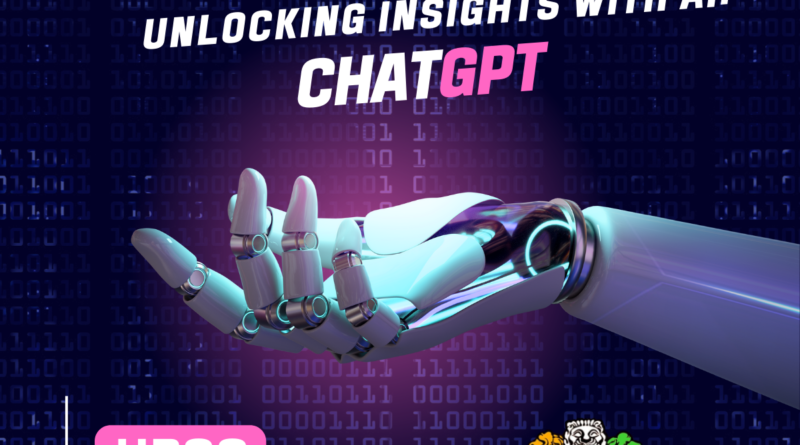“OpenAI Unveils Revolutionary Chat GPT: The AI that Sees and Does Your Taxes!”
San Francisco-based tech company OpenAI has launched a new version of its artificial intelligence software called GPT-4. The software is designed to solve difficult problems with greater accuracy, thanks to its broad general knowledge and problem-solving abilities. GPT-4 is available for subscription on OpenAI’s service, Chat GPT Plus, at $20 per month.

The company claims that Chat GPT-4 has capabilities that its previous iteration did not have, including the ability to “reason” based on images uploaded by users. The software’s versatility was demonstrated in a video by Greg Brockman, OpenAI’s president, showing how it can be trained to quickly answer tax-related questions, such as calculating a married couple’s standard deduction and total tax liability.
Chat GPT-4 is described as a large multimodal model that accepts image and text inputs, emitting text outputs, and exhibits human-level performance on various professional and academic benchmarks. The software has an array of capabilities that its predecessor did not have, including the ability to “see” based on images uploaded by users.

READ MORE- Elon Musk and Other Visionary Leaders Call for a Pause on AI Training.
OpenAI has acknowledged the limitations of the software, such as social biases and “hallucinations” that it knows more than it really does. The company also highlighted the need for more regulation on AI, especially as the technology is untested and can cause abrupt changes in fields from education to the arts.
OpenAI was launched in 2015 as a nonprofit project with backing from Elon Musk, Peter Thiel, Reid Hoffman, and other tech billionaires. It transitioned to a “capped” for-profit model in 2019. The company’s name reflected its status as a nonprofit project that would follow the principles of open-source software freely shared online.

Chat GPT-4 has been rumored for months amid growing hype around the chatbot that is built on top of it. OpenAI‘s release of the software has raised concerns among ethicists and industry leaders, who are calling for guardrails on the technology. Sarah Myers West, the managing director of the AI Now Institute, a nonprofit group that studies the effects of AI on society, said releasing such systems to the public without oversight “is essentially experimenting in the wild.”
The company has released a 98-page paper that accompanies the announcement, stating that they will keep many details about the software close to the chest. The paper said that the underlying data that the model was trained on would not be discussed publicly. The company plans to make further technical details available to additional third parties who can advise them on how to weigh the competitive and safety considerations against the scientific value of further transparency.
OpenAI’s rapid release of ChatGPT and other generative AI programs has prompted some ethicists and industry leaders to call for regulation on the technology. The pace of OpenAI’s releases has caused concern because the technology is untested, and abrupt changes in fields from education to the arts can result from the software’s use.

In conclusion, OpenAI’s launch of GPT-4 has raised both excitement and concerns. The software’s capabilities and versatility are impressive, but the lack of transparency and oversight raises ethical concerns. OpenAI and other companies developing AI need to work with ethicists and industry leaders to ensure that the technology is used safely and responsibly.





Pingback: "White House Affirms Arunachal Pradesh as Integral Part of India: A Landmark Recognition"- UPSC - Ias Banenge
Pingback: Ring of Red-Light Flashes in Italy